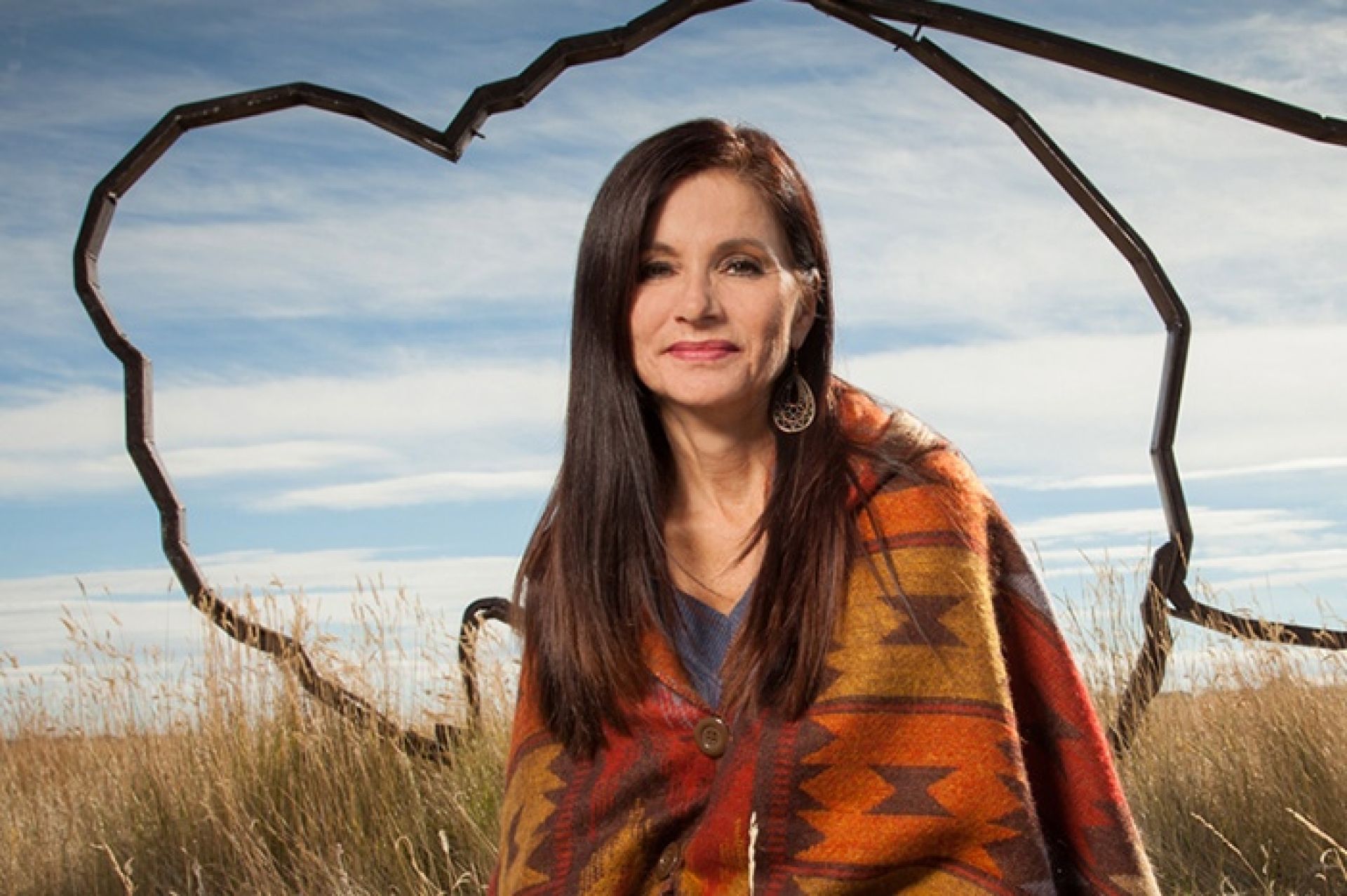

Associate Professor Michelle Hogue joins an already impressive list of Adjuncts supporting the Batchelor Institute Research Division. Michelle is a person of Métis heritage, and is passionate about enabling Indigenous academic success through early engagement and retention in ways that bridge cultures and attend to Indigenous ways of knowing and learning.
Michelle is an Associate Professor and the Coordinator of the First Nations’ Transition Program (FNTP), a first year enabling program, at the University of Lethbridge in Alberta, Canada.
“In my teaching and research, I see first-hand the challenges Indigenous students experience in transitioning to and through post-secondary education. Nowhere is this more true than in the sciences and mathematics, current roadblocks to science, technology, engineering and mathematics (STEM)-related disciplines in which Indigenous peoples are grossly under-represented. This gross under-representation disadvantages them at all socioeconomic and political levels.”
Michelle is passionate about enabling Indigenous academic success, in this and all areas, such that they are able to bridge cultures and be successful in both worlds. Her work explores enabling engagement, retention and success through integrated and inter-related methodological approaches that are inclusive of culture. As such, Michelle’s teaching and research focus on building bridges between Indigenous and Western ways of knowing and learning using culturally relevant and innovative methodological approaches that blend required curricular and institutional demands with methodological teaching and learning practices such as hands-on-practical and applied learning, project-based learning, narrative, drama and music; ways in that attend to Indigenous ways of knowing and learning.
Michelle works both in community with the youth as well as at the post-secondary level because early and sustained engagement through mentorship is key to retention.
Importantly, Michelle works also to enable non-Indigenous educators and researchers to create space in their practice for Indigenous ways of knowing and learning.
“Currently my work explores best practices in Canada, Australia and New Zealand to develop an inclusive, culturally responsive teaching practice and curricula through the philosophy of Bridging Cultures: Two-Eyed Seeing for Both Ways Knowing to enable Indigenous academic success.”
